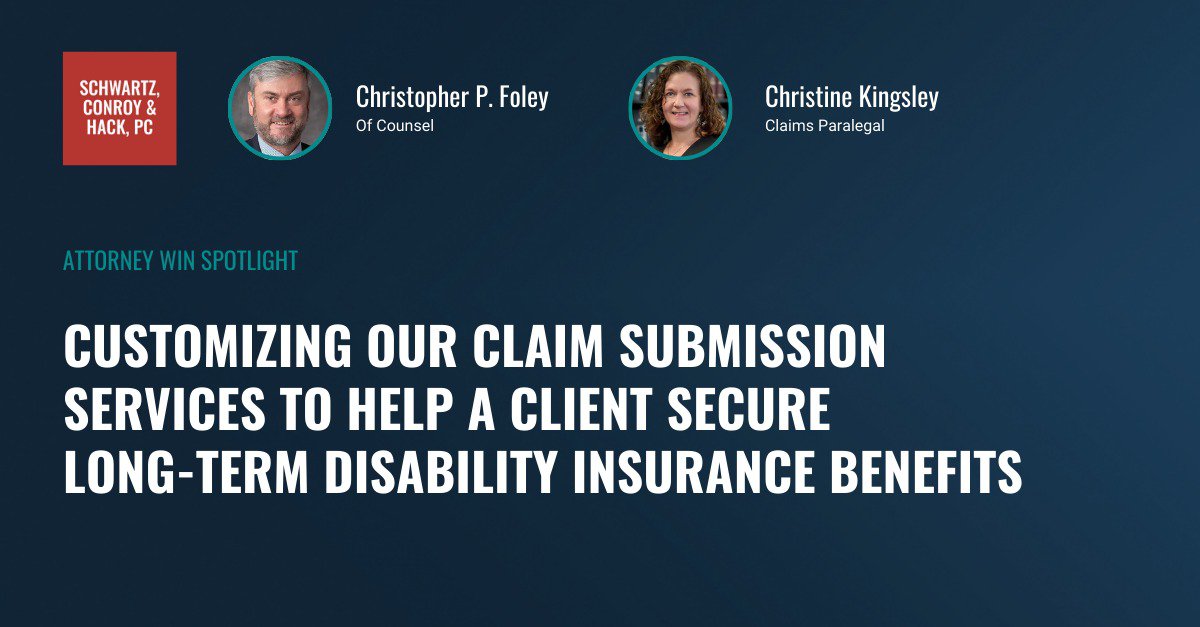Many, if not all, group long-term disability policies contain a mental and nervous limitation, as do some individual disability insurance policies. Typically, the limitation stipulates that the policy will only pay the insured for disabling psychiatric conditions for a finite period of time. Usually, the period is 24 months, but it can be shorter or longer depending on how the policy is written.
It is important that disabled individuals fully understand the limitation including:
•What it states;
•What it applies to; and
•What it does not apply to.
Only then can you ascertain whether or not the insurance company has acted reasonably in determining whether the insured should be limited to the mental and nervous period.
Policy Language
To mount an argument that a disabling condition does not fall within the mental and nervous limitation, the insured must understand the specific diagnosis of their condition and what is causing their disability.
Generally, most policy limitations exclude only psychiatric conditions that are diagnosed by a psychiatrist or psychologist—these typically fall under the realm of psychological and/or addiction issues (depression, anxiety, OCD, ADHD, etc.). In addition, the limitation does not usually apply to mental or cognitive problems (memory loss, mental processing issues, etc.) that result from a disease or an accident.
However, a range of issues still exist that can affect a policyholder’s mental state and may not be excluded under a mental and nervous limitation.
A fair amount of “weeding” through the medical aspects of a client’s case is often required in order to determine whether a condition does fall outside of the limit—and whether an argument does, in fact, exist. The easiest way to circumvent the mental and nervous cap is to analyze the condition’s origin, particularly if the psychiatric condition is a result of a physical issue. In the event of an accident or disease, the psychiatric condition is often secondary to the physical condition. The loss of ability and previous identity, along with pain and fatigue, can cause psychological difficulties. This argument often helps avoid application of the mental and nervous limitation.
When examining the nervous and mental limitation in long-term disability policies, an experienced long-term disability lawyer can help you navigate away from the mental and nervous cap. If you are wondering if the limit applies to your claim or you would like to discuss it, please give us a call today at 212-608-5445 for a free consultation.
Evan S. Schwartz
Founder of Schwartz, Conroy & Hack
833-824-5350
[email protected]


